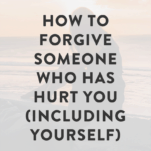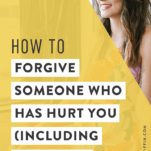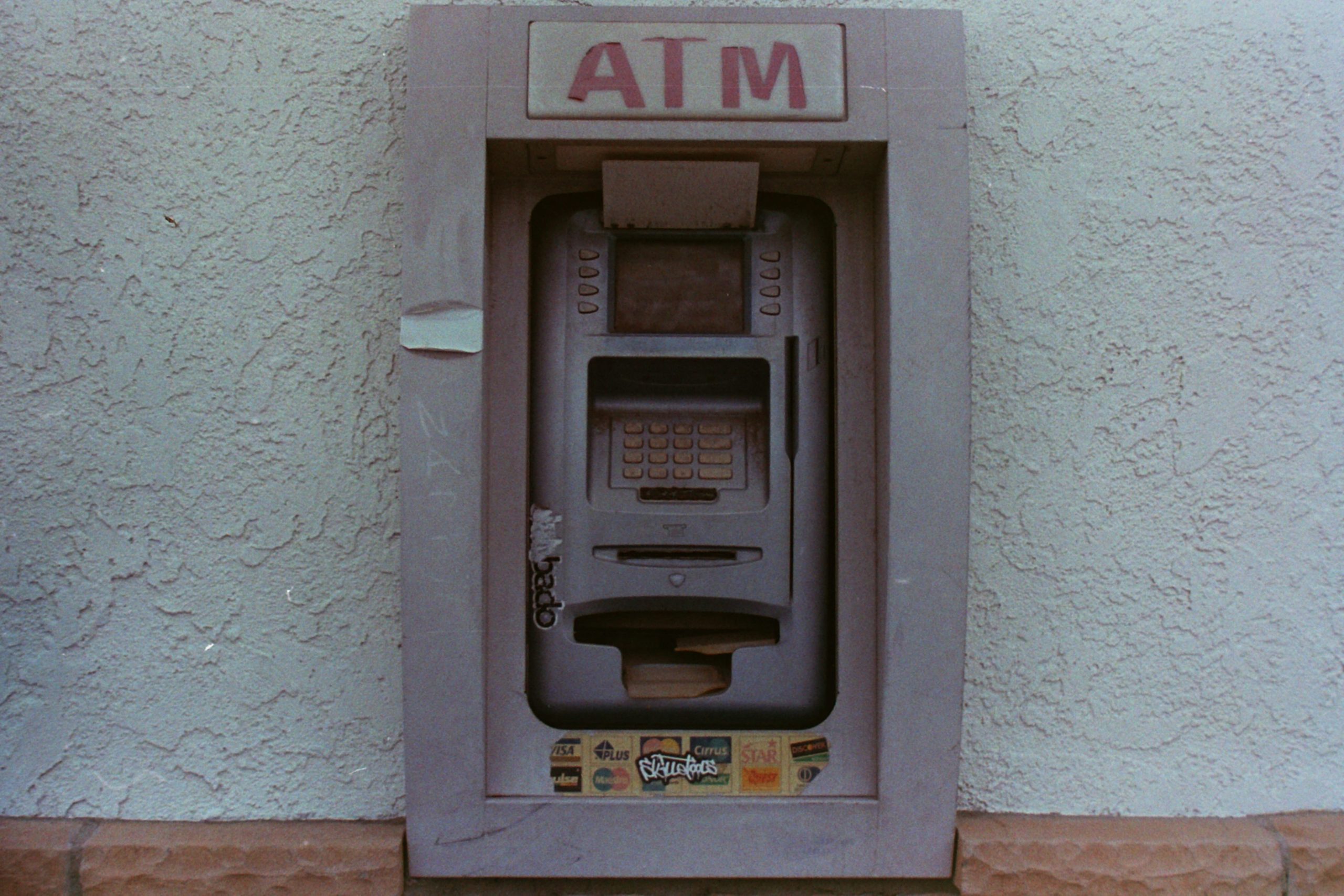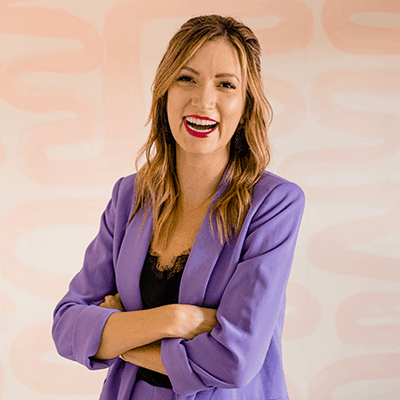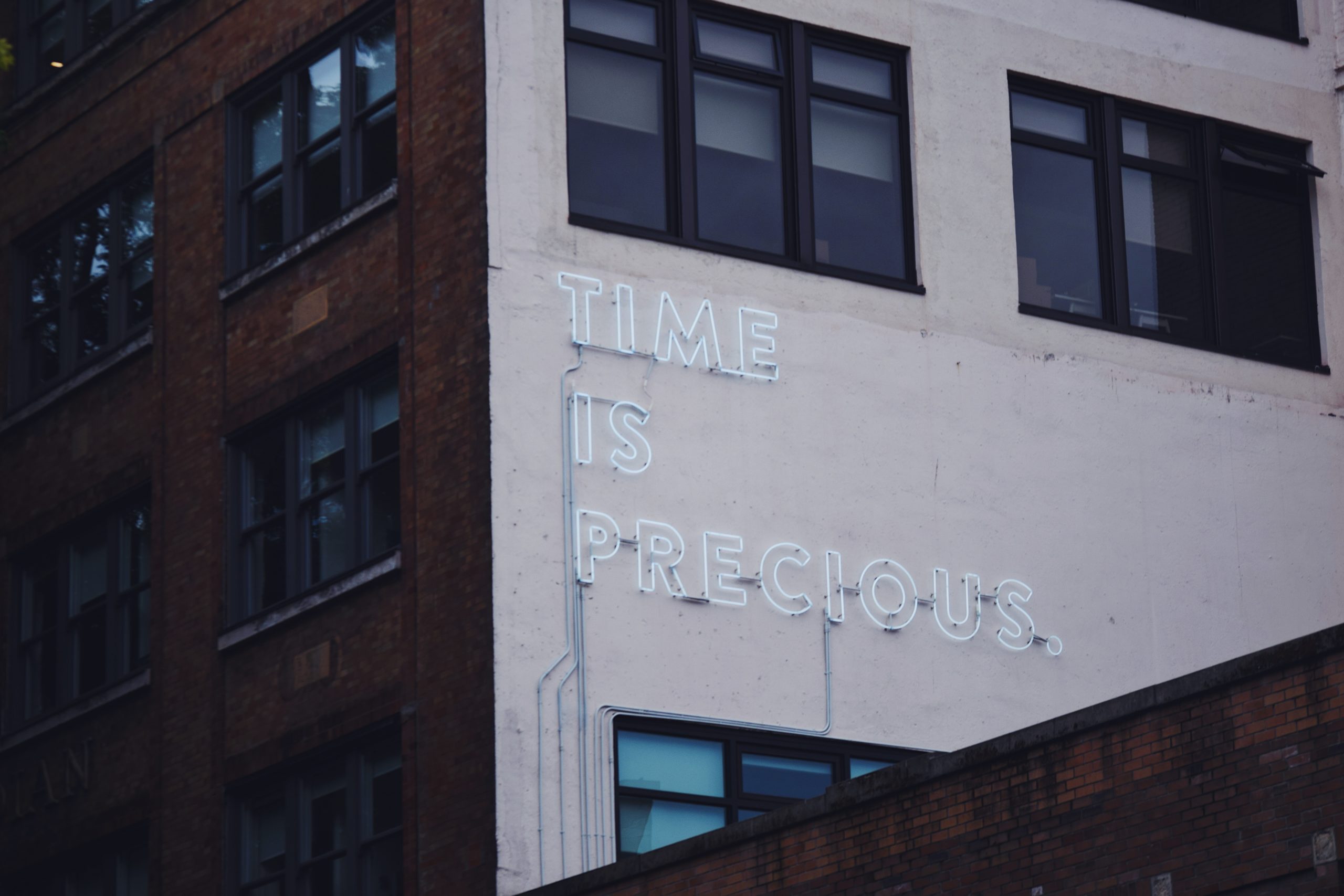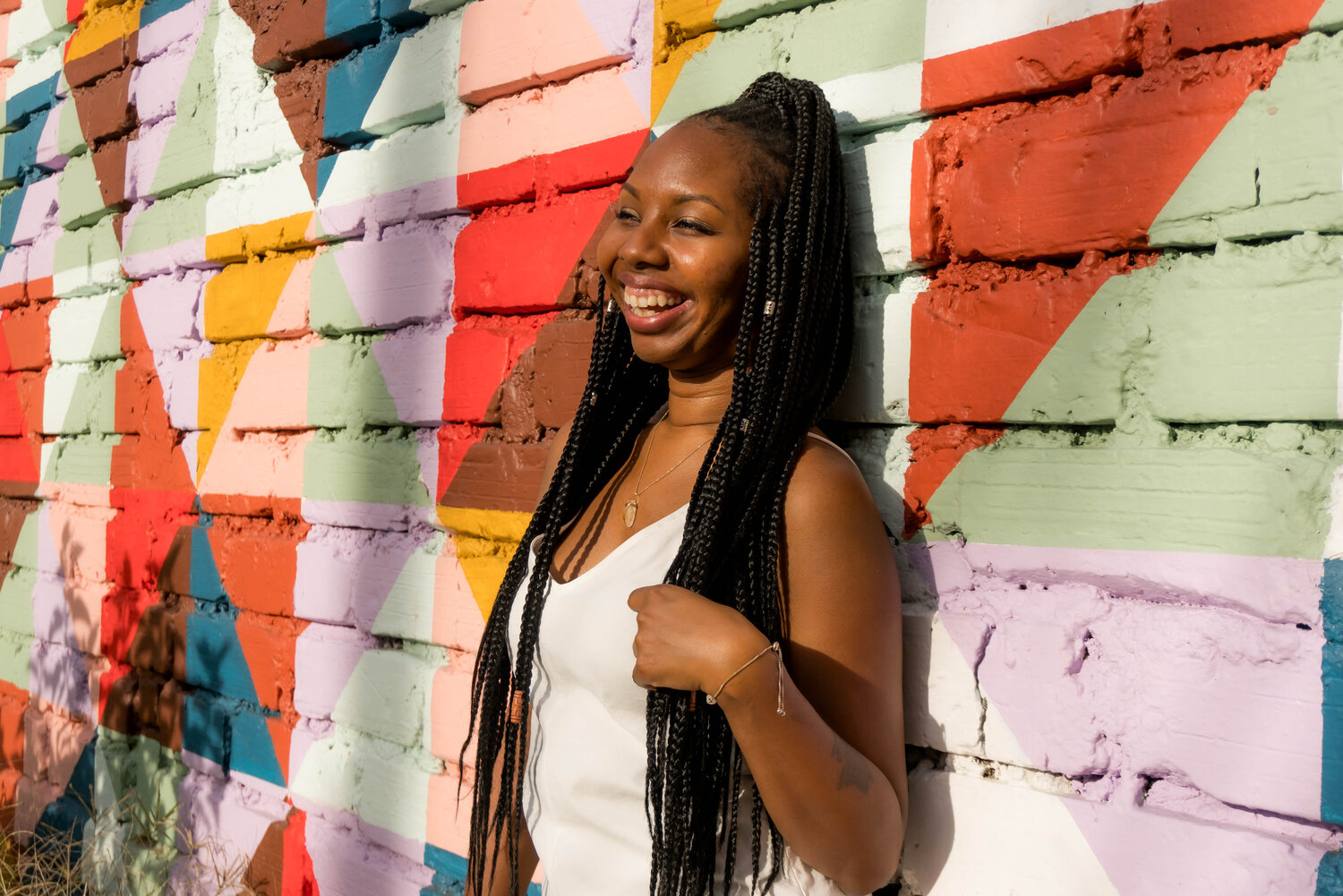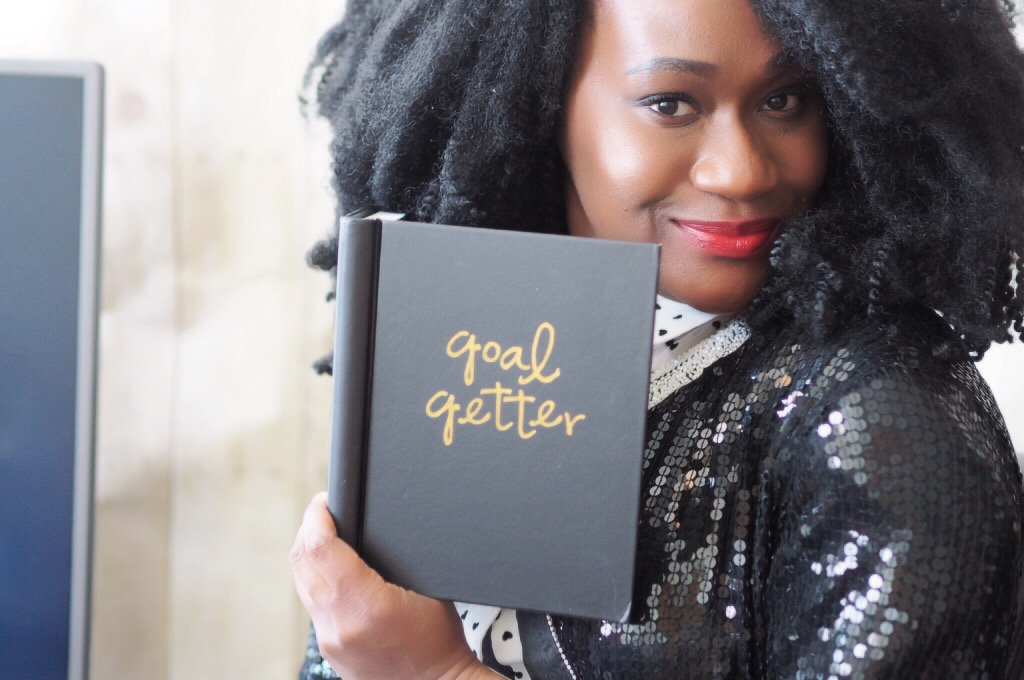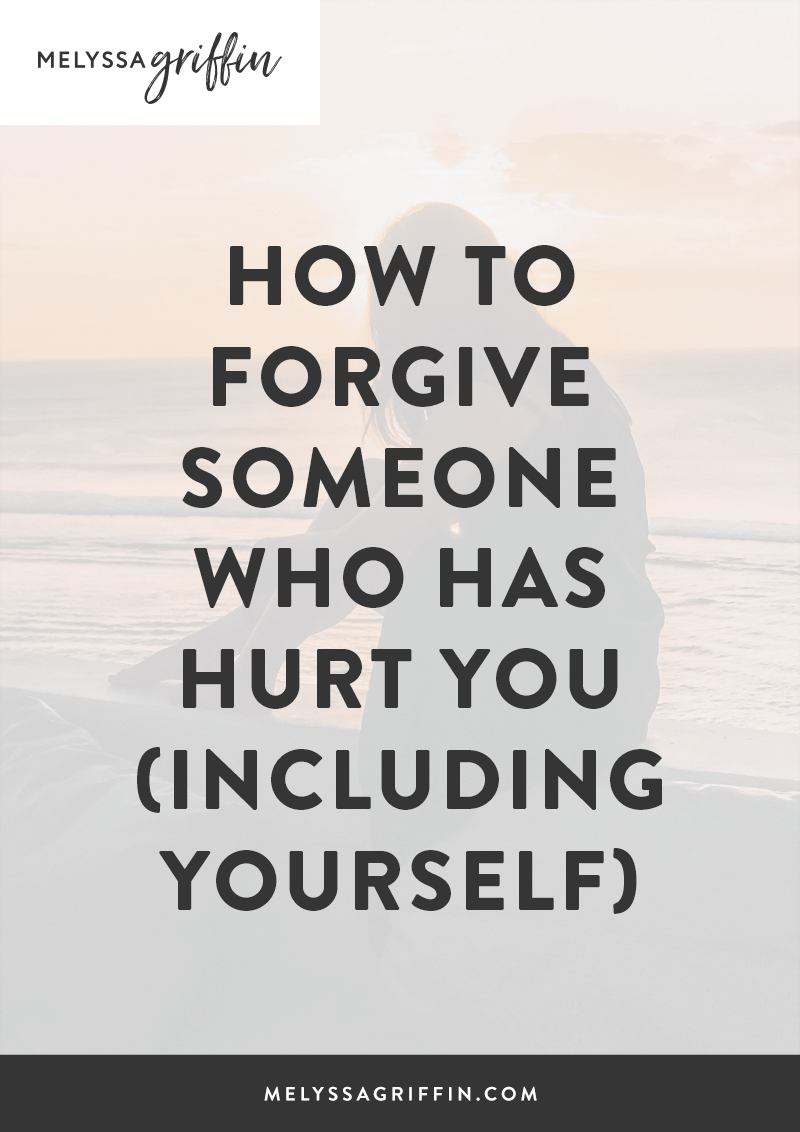
Let’s get something clear right up front: forgiveness is hard. It’s one of the more difficult concepts of the human experience. You know what isn’t hard? Resentment, dwelling, bitterness – all of that stuff is a piece of cake. When we are hurt, these are easy patterns to fall into. Forgiveness, on the other hand, is an active choice, one that often seems to stand against our very nature.
And yet, the fact that it seems to defy our instincts is the very reason why it is so important. As people who make mistakes, we would be totally helpless without some aspect of grace in our relationships. Still, there seems to be a problem with how we as a culture view the idea of forgiveness. We attach so many conditions to it (“I’ll forgive you IF you say you’re sorry”) or we look at it more like revenge (“I guess I’ll just have to kill her with kindness!”).
But true forgiveness is so much more powerful than all of that. In Aramaic, the word for forgiveness (“shbag”) literally means to “untie.” It’s a no-strings-attached kind of action that ushers in freedom. Forgiveness has the power to change lives, to bring beauty and growth in the midst of pain. But because it has such a depth of importance, obviously this also means that it can be difficult to come by.
If someone has wronged you, perhaps you are having trouble untying the weight of the hurt that has been caused. That’s okay. This stuff takes time. There are many roads to forgiveness, but here are a few good places to start:
STEP AWAY
Just for a bit. Or actually, maybe for longer than a bit. Give yourself the freedom to not engage right away with an individual who has caused you pain. Again, the healing process is not something that happens overnight, and sometimes the best way to keep from piling on more hurt in a situation is to just remove yourself from it. Take time to decompress and gather your thoughts. That’s totally allowed.
OWN UP TO YOUR FEELINGS
Perhaps you’ve heard this saying: “Resentment is like taking poison and hoping the other person dies.” Look: it’s definitely tempting to store up bitterness instead of actually addressing our emotions. We’re nice people. We don’t like confrontation, so we’d rather just let that negativity fester than admit the problem out loud. The issue with this, though, is that it doesn’t really solve anything. The person who hurt you, despite all of the rotten things you think about them, may not know the gravity of the situation, and of course, you just end up miserable from all that toxicity brewing inside of you. So do the very hard thing: tell your offenders that that you have been offended. If you can, that is. They may respond with a heartfelt apology, or they may have several follow-up questions, or they may lash out in some manner unfitting of an adult, but at least you are opening a dialogue.
PRACTICE EMPATHY
Think back to a time in which you screwed up in your relationship with someone important to you. Like, royally screwed up. Did you mean to inflict pain? What was the response from the person you upset? Do you wish he or she would have reacted in a different way? When we get hurt, the natural instinct is to look at the situation in isolation. We say things like, “How dare she!” or “How could he?” and we quickly forget the simplest human truth: we all mess up sometimes. This does not mean that there isn’t such a thing as a righteous anger, but sometimes it helps to put things in perspective by using our past experience to inform the present.
DISCUSS THE ISSUE WITH SOMEONE SAFE
One of the best ways to get perspective is by talking to someone outside of the situation. Those closest to us have a unique way of understanding our patterns and speaking hard truths to us. However (and this is a BIG however), avoid the temptation to build an army. If you are discussing a sensitive issue with another person, do it because you want clarity, not because you want someone on your side.
FORGIVE YOURSELF FIRST
Some hurts run deeper than others. There are things that stay with us for years – incidents from our formative years, issues leftover from toxic relationships, broken trusts, etc. Though forgiveness is the ultimate goal, it is certainly a process. If it does not come right away, you should not blame yourself. Know that you are not alone in the struggle to do this thing that feels so unnatural – to absolve someone who has caused you pain.
But also remember that the scars of your past do not have to define who you are. Sometimes we hold onto hurt for longer than we should because we are afraid of what life will be like when we let go. If that is where you are right now, take comfort in knowing that you are so much more than the pain of your past. Truly believe that, and then simply…let go. Forgive. Untie. There is so much beauty in untying.

